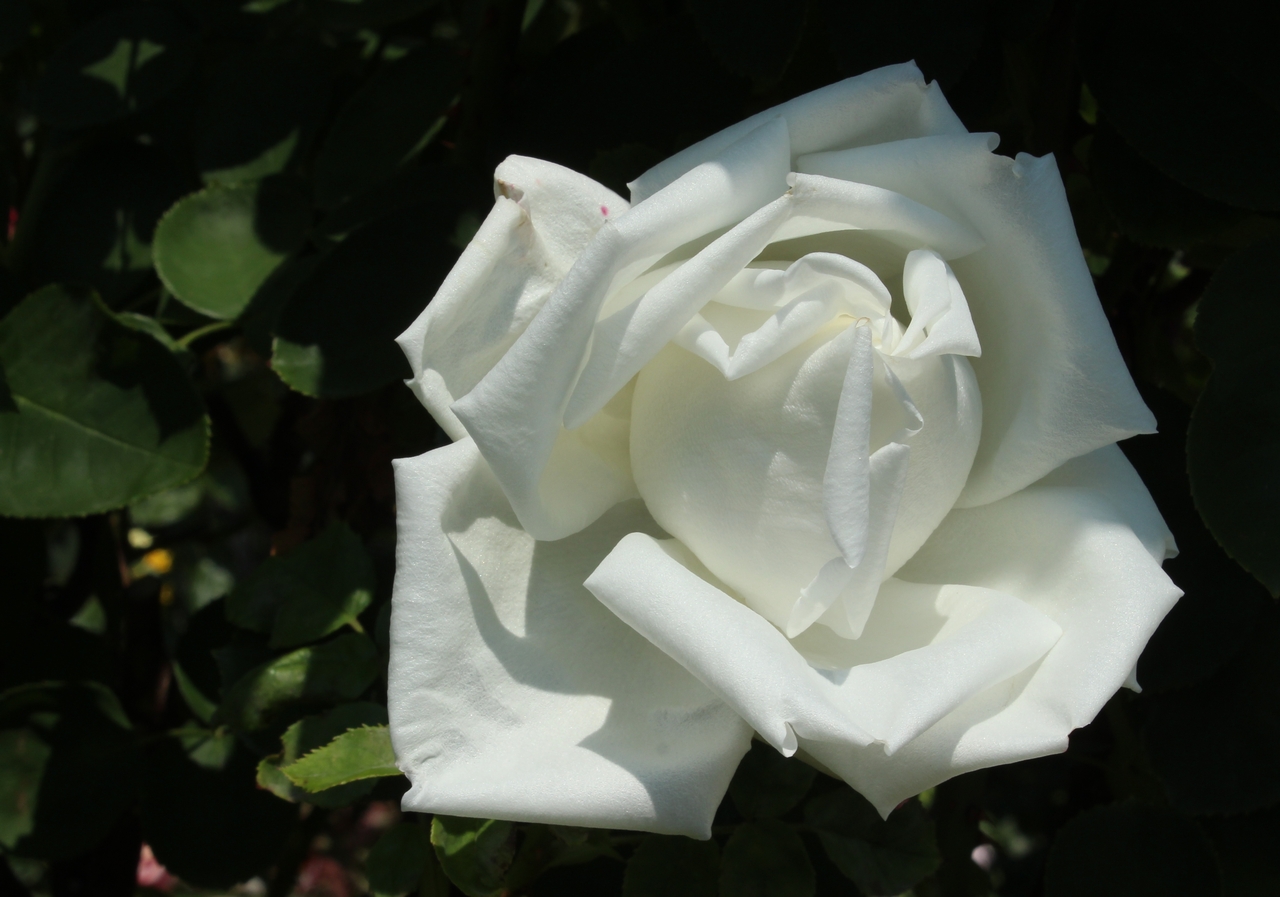 We make as many acts of the noblest Christian virtues as we pronounce words when we recite this divine prayer attentively.
We make as many acts of the noblest Christian virtues as we pronounce words when we recite this divine prayer attentively. We make as many acts of the noblest Christian virtues as we pronounce words when we recite this divine prayer attentively.
We make as many acts of the noblest Christian virtues as we pronounce words when we recite this divine prayer attentively.
In saying "Our Father, who art in heaven," we make acts of faith, adoration and humility. When we ask that his name be hallowed, we show a burning zeal for his glory. When we ask for the spread of his kingdom, we make an act of hope; by the wish that his will be done on earth as it is in heaven, we show a spirit of perfect obedience. In asking for our daily bread, we practice poverty of spirit and detachment from worldly goods. When we beg him to forgive us our sins, we make an act of sorrow for them. By forgiving those who have trespassed against us, we give proof of the virtue of mercy in its highest degree. Through asking God's help in all our temptations, we make acts of humility, prudence and fortitude. As we wait for him to deliver us from evil, we exercise the virtue of patience.
Finally, while asking for all these things, not only for ourselves but also for our neighbour and for all members of the Church, we are carrying out our duty as true children of God, we are imitating him in his love which embraces all men and we are keeping the commandment of love of our neighbour.
If we mean in our hearts what we say with our lips, and if our intentions are not at variance with those expressed in the Lord's Prayer, then, by reciting this prayer, we hate all sin and we observe all of God's laws. For whenever we think that God is in heaven, that is to say, infinitely removed from us by the greatness of his majesty, we place ourselves in his presence filled with overwhelming reverence. Then the fear of the Lord will chase away all pride and we will bow down before God in utter nothingness.
When we pronounce the name "Father" and remember that we owe our existence to God, by means of our parents, and even the instruction we have received by means of our teachers, who take the place of God and are his living images, we cannot help paying them honour and respect, or, to be more exact, to honour God in them. And nothing would be farther from our thoughts than to be disrespectful to them or hurt them.
When we pray that God's holy name be glorified, we cannot be farther from profaning it. If we really look upon the kingdom of God as our heritage, we cannot possibly be attached to the things of this world.
If we sincerely ask God that our neighbour may have the same blessings that we ourselves stand in need of, it goes without saying that we will give up all hatred, quarrelling and jealousy. And if we ask God for our daily bread, we shall learn to hate gluttony and sensual pleasures which thrive in rich surroundings.
While sincerely asking God to forgive us as we forgive those who trespass against us, we no longer give way to anger and revenge, we return good for evil and we love our enemies.
To ask God to save us from falling into sin when we are tempted is to give proof that we are fighting laziness and that we are genuinely seeking means to root out vicious habits and to work out our salvation.
To pray God to deliver us from evil is to fear his justice, and this will give us true happiness, for the fear of God is the beginning of wisdom. It is through the virtue of the fear of God that men avoid sin.
- from The Secret of the Rosary, bySaint Louis-Marie Grignion de Montfort